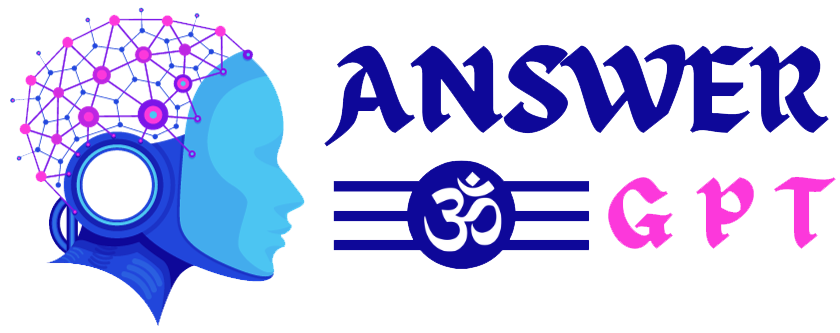Natural Language Processing Week 12 NPTEL Assignment Answers 2025
NPTEL Natural Language Processing Week 12 Assignment Answers 2024
1. The word ‘nervous’ and ‘jealous’ falls under which affective state typology?
- Emotion
- Mood
- Personality traits
- Interpersonal stances
✅ Answer :- c
Explanation: ‘Nervous’ and ‘jealous’ are stable characteristics of a person, which fall under personality traits, not temporary emotions or moods.
2. Which of the following is/are tokenization issues for Sentiment Analysis?
- Handling emoticons
- Handling negation
- Word lengthening
- None
✅ Answer :- a, b, c
Explanation: All three are common challenges during tokenization — emoticons (😊), negation (not good), and stretched words (goooood) must be handled correctly for accurate sentiment analysis.
3. Which of the following is/are false?
- The picture quality of this camera is great – ‘picture quality’ is implicit aspect
- This laptop is expensive – ‘expensive’ is an implicit aspect expression
- This phone will not fit in a pocket – ‘fit in a pocket’ is an explicit aspect expression indicating the aspect ‘size’
- All of the above
✅ Answer :- a, c
Explanation: ‘Picture quality’ is explicitly mentioned, not implicit. Similarly, ‘fit in a pocket’ is implicit, not explicit. So both statements are false.
4. Consider the sentence: “The display was cool; but, the network quality and camera were very dull”. Which of the following are true?
- Aspect: “display”, Sentiment: Positive, Opinion Phrase: “cool”
- Aspect: “camera”, Sentiment: Negative, Opinion Phrase: “very dull”
- Aspect: “were”, Sentiment: Negative, Opinion Phrase: “very dull”
- Only (1) and (3)
✅ Answer :- a, b
Explanation: “Display” is associated with “cool” (positive), and “camera” with “very dull” (negative). “Were” is just a verb and not an aspect.
5. Let P(w|c) represent the probability of a word given its rating. Further, let P(w) represent the probability of the word in the overall corpus. While analyzing the polarity of a word in a given corpus, what is the intuition behind dividing P(w|c) by P(w)?
- To make it comparable across different ratings
- To make it comparable across different words
- Both (1) and (2)
- None of the above
✅ Answer :- b
Explanation: Dividing P(w|c) by P(w) highlights how much more (or less) likely a word is in a class compared to its general use — useful for comparing across different words.
6. The word ‘loving’ and ‘buoyant’ falls under which affective state typology respectively?
- Attitudes, Mood
- Emotion, Attitudes
- Emotion, Mood
- Mood, Personality traits
✅ Answer :- b
Explanation: ‘Loving’ is an attitude toward something, while ‘buoyant’ reflects a temporary mood.
7. Which of the following is/are True regarding indicators of Irrealis mood?
- Conditional markers (if)
- Negative polarity items like ‘any’ and ‘anything’
- Words enclosed in quotes and necessarily reflective of the author’s opinion
- None
✅ Answer :- a, b
Explanation: Conditional markers and negative polarity items suggest uncertainty or unreal situations, which indicate irrealis mood.
8. Which of the following is/are True about the Turney algorithm?
- It extracts a phrasal lexicon from reviews
- Learns polarity of each phrase
- Rate a review by the average polarity of its phrases
- All of the above
✅ Answer :- d
Explanation: The Turney algorithm performs all of the mentioned steps — it extracts phrases, determines their polarity, and then uses average polarity to rate the review.



